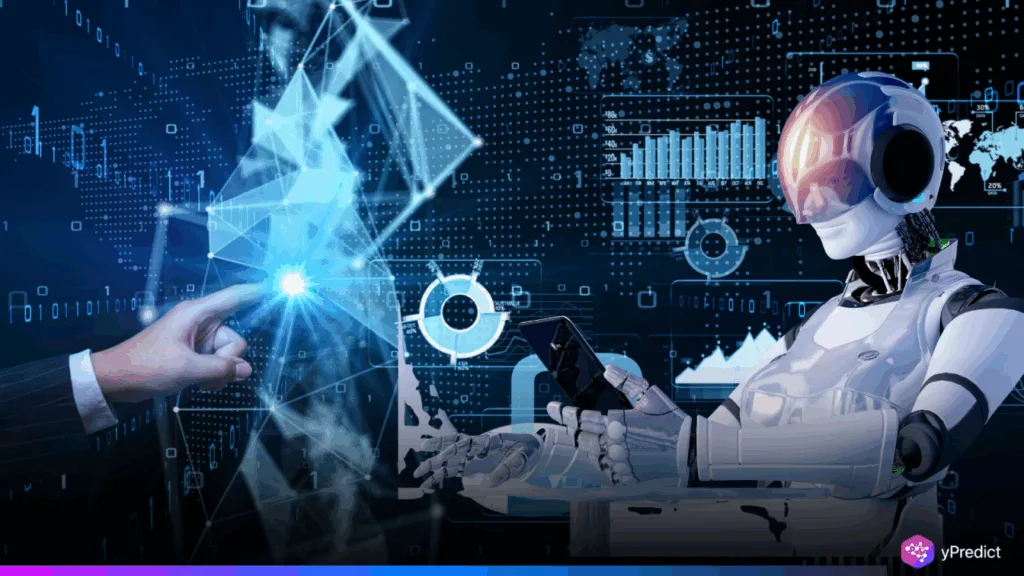
Alex Jones recently claimed that artificial intelligence (AI) is being used by global elites to monopolize energy resources and create an “ultimate class system.” He even suggested AI is connected to “off-world fallen entities.” While AI energy consumption is increasing, experts attribute this to rapid technological growth, not a coordinated conspiracy. Research from the International Energy Agency (IEA) and others shows AI-related data center demand is set to double by 2030. But this growth also presents innovation opportunities, not just risks. Jones’s claims, while drawing on some real data, are largely speculative and unsupported by fact.
Yes, AI Energy Use Is Increasing, But Here’s Why
The models of AI need lots of power to be able to work. The data center is dependent on electricity to operate and, in the process, consumes a lot of it, as recorded by the IEA, stating that global electrical demand by the data center is likely to increase by more than 200 percent in 2030 to the extent of over 940 terawatt-hours, equivalent to the present-day use by Japan. According to the estimates by Goldman Sachs, the power demand in data centers will be up by 160 percent by the end of the decade, and almost 20 percent of that will be attributed to AI.
This isn’t due to a secret agenda, but rather the rising demand for generative tools like ChatGPT and large-scale data processing. A single AI query can consume ten times the energy of a standard Google search. As companies deploy more powerful models, power needs are growing in parallel.
Environmental concerns are legitimate. The IEA estimates AI could generate 1.7 gigatons of CO₂ emissions between 2025 and 2030 if left unchecked. Still, tech firms are working to offset this by investing in wind, solar, and carbon-neutral data centers. YouTube, Microsoft, and AWS are all targeting 100% renewable energy within this decade. So while the energy issue is real, it’s being addressed, without alien conspiracies.
Jones’s “Class System” and Spiritual Claims Don’t Hold Up
Jones suggests that prioritizing AI energy is a step toward a dystopian class structure where humans are controlled by machines. He cites articles and reports but leaps to conclusions far beyond what they support. Most experts see AI not as a threat to humanity’s power, but as a tool, improving everything from medical diagnostics to climate modeling.
Dubious claims of his, like AI being controlled by something named as off-world fallen entities, have no evidence at all. These concepts invoke science fiction concepts such as Skynet or The Matrix, not scientific or policy journals. Although spiritual or philosophical arguments about the morality of AI are valid ones, the use of divine mystery and supernatural forces is more of a conspiracy theory rather than a valid assessment.
As a matter of fact, the majority of governments and enterprises are concerned with the task of managing AI responsibly. The level of awareness regarding the use of energy, privacy, and bias is indicative of regulatory proposals in the EU and the US, not the movement towards technocratic control. Labelling these efforts as an evil scheme is a distortion of the knowledge that the people hold about true hazards, such as emissions and job losses.
AI’s Future Depends on Transparency, Not Fear
The need for AI energy is rapidly increasing, although the reason behind it is not conspiratorial but technical. Real user requirements and changing technology lead to new growth. Policy is being intelligent, and renewable investment is being made to ensure that environmental impacts are mitigated. Spiritual takeovers or elite power seizures are no more than claims when examined under the microscope. This should now be put in focus on clear innovation and green infrastructure rather than frightening stories.






